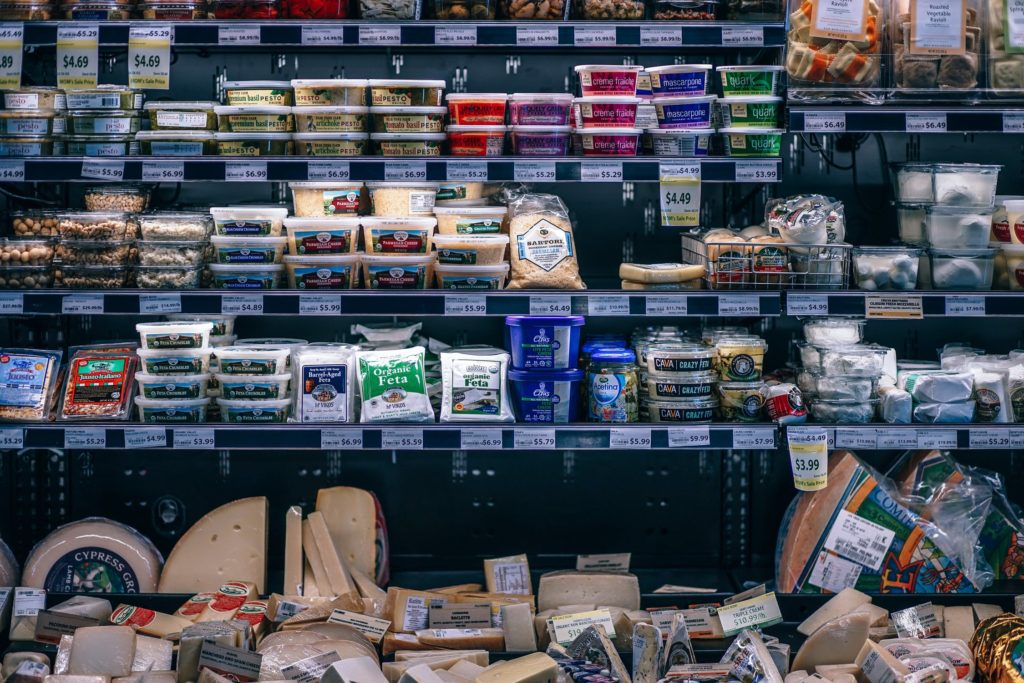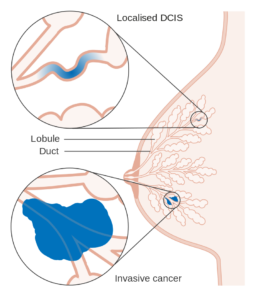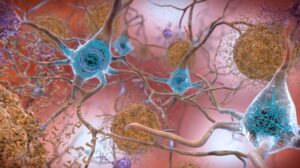Study Explains How Heavy Use of Plastic Materials Predisposes Us to Kidney Stones

Neucrad Health February 9, 2019
A new study by Dr. Bidhan C. Bandyopadhyay, Research and Development Service, and his team at the Washington DC Veterans Affairs Medical Center has been published in Nature Journal Scientific Reports.
The manuscript, entitled “Melamine promotes calcium crystal formation in three-dimensional microfluidic device”, explains how the heavy use of plastic materials in our every-day life can contribute to kidney stone formation.
Americans are frequent users of plastic products in food packaging and serving materials which contain Melamine. It is a common compound used to manufacture plastic and has been shown to leach into our food at low doses when exposed to acids and high temperatures such as in a microwave oven. For instance, placing highly acidic foods on a melamine plate and heating it in the microwave puts Veterans and civilians at higher risk for kidney stone formation.
Continued use of plastic tableware could expose people to multiple small doses of melamine contamination, which could eventually build up, explains Bandyopadhyay. “Everyday use of these containers with prolonged acid and temperature exposure may make the melamine start to come out and contaminate the foods.”
The study team from the Washington DC VA Medical Center’s Calcium Signaling Research Lab shows for the first time that melamine can directly contribute to calcium oxalate kidney stone formation. Using a synthetic kidney tubule built into their novel 3D microfluidic device that mimics the properties of a functional kidney tubule, the researchers are able to examine the dynamic process of stone formation outside the body in the presence of low doses of melamine. They observed how melamine enhances the formation, aggregation and growth of calcium crystals, which are the critical steps in the development of kidney stones.
The team hopes that the results of this study will help to prevent and treat calcium stone disease and increase the awareness on the use of melamine-containing tableware among Veterans and civilian populations.
News Source credit: Washington DC VA Medical Center
To view the paper, please visit: https://www.nature.com/subjects/nanotoxicology








